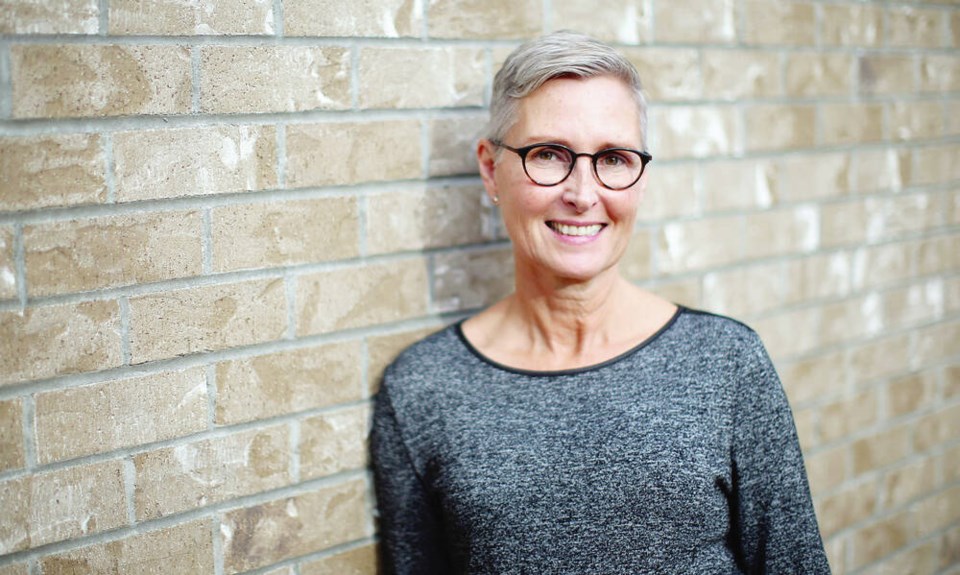A commentary by a retired teacher/educator who lives in Victoria.
Many readers will be aware of the controversy surrounding the Indigenous heritage of Mary Ellen Turpel-Lafond, upon which a CBC investigation has recently cast doubt.
As reported in Thursday’s Times Colonist, Stewart Phillip, Grand Chief of the Union of sa国际传媒 Indian Chiefs, strenuously objected to the conduct of that investigation, calling it a “witch hunt.”
Having worked extensively with Indigenous students, and having followed Turpel-Lafond’s work for many years, I share the Grand Chief’s view.
Turpel-Lafond was appointed in 2004 as sa国际传媒’s first representative for children and youth, and reappointed in 2011.
No youth advocate has done more to strengthen the supports and increase the opportunities available to children who have spent much of their lives in foster care, in group homes, or in youth custody — and a disproportionate number of these youngsters are Indigenous.
A former colleague of mine, the Gitksan educator Vincent Gogag, also agrees: “I have no problem accepting Ms. Turpel as Indigenous or a part thereof. … The people crying foul the loudest maybe don’t know her. She’s worked hard as a champion for First Nations and earned our acceptance and respect, and she should be lauded nationwide.”
Turpel-Lafond grew up believing that she has Cree heritage; this is what her father told her. Canadian courts have taken oral histories into account in the settlement of Indigenous land claims, recognizing that most Indigenous cultures have passed on their knowledge mainly through oral traditions.
It is therefore puzzling that Turpel-Lafond’s Indigenous critics deny her the right to claim the Indigenous roots she was taught by her family’s oral history to embrace and honour.
Although Turpel-Lafond didn’t grow up in an Indigenous community, she became committed to working with Indigenous peoples and for decades has devoted her working life largely to supporting Indigenous peoples in their efforts to secure equity and justice within the Canadian federation.
It seems likely that she was drawn towards working with Indigenous peoples because she wanted to know more about herself. That, at any rate, was what motivated me to do the same.
Like Turpel-Lafond, I grew up with a knowledge of my Métis ancestry passed down through generations of oral narratives from my great-grandparents, who had farmed and ranched in the Dakotas and southern Saskatchewan.
It was on the basis of this oral history, dating back to the days of the fur trade, that the Métis Nation of Alberta welcomed my parents as members. No paper trail was required.
Following her career in public service, Turpel-Lafond accepted a professorial appointment in the law faculty at the University of sa国际传媒, where she helped launch the Indian Residential School History and Dialogue Centre in 2018.
Indian status was not a requirement for Turpel-Lafond’s position as the Centre’s academic director. Nevertheless, it was reportedly under pressure from the UBC administration, fueled by the CBC allegations, that she retired from both her posts last month, receiving no public acknowledgement of her academic contributions.
I expect better from UBC, where I did my graduate studies. A renowned institution of higher learning shouldn’t let itself be cowed by the loudest voices, which are seldom the most righteous or thoughtful ones.
What hope do we have for reconciliation if we allow unreflective reactions such as these to become the norm?
All of the universities that have threatened to rescind Turpel-Lafond’s honorary doctorates also need to take a deep breath. Was she awarded these tokens of recognition for having Indigenous DNA?
Wasn’t it instead for the invaluable services she has rendered our province as an advocate for children’s rights, often working for, with, and alongside Indigenous people?
>>> To comment on this article, write a letter to the editor: [email protected]




